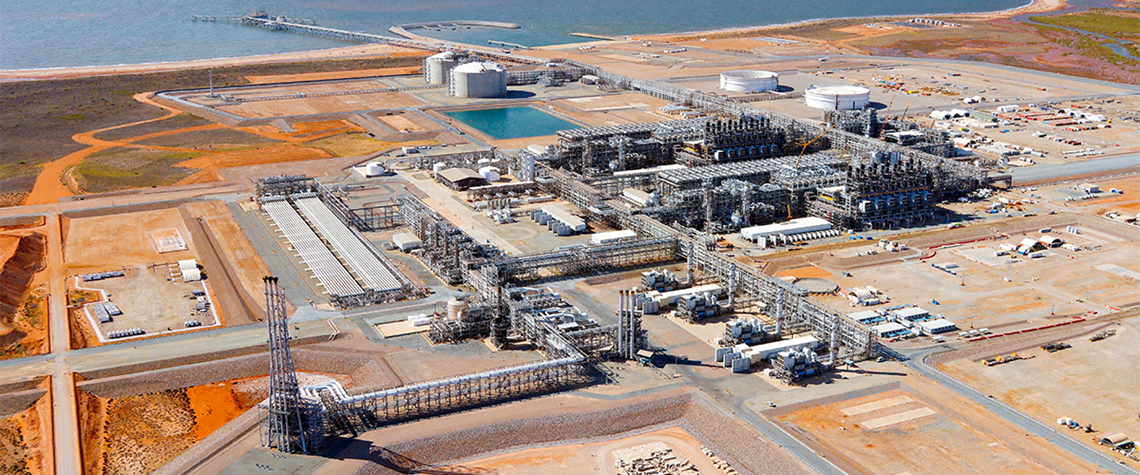Chevron Australia averts renewed strikes
But the gas markets remain jittery amid a range of other risk factors
Chevron and an alliance of unions have reached a deal that averts renewed industrial action at the major’s Australian LNG facilities. But even with the strike cancelled, recent price movements once again highlight the globally interconnected nature of the gas market since Russia’s invasion of Ukraine. Members of the Offshore Alliance (OA)—which brings together the Australian Workers' Union and the Maritime Union of Australia—voted on 18 October to suspend planned strikes, which followed a previous round of industrial action back in September. And OA members subsequently opted to vote in favour of new Enterprise Agreements covering employment rights and conditions, which the alliance said wil

Also in this section
17 February 2026
The 25th WPC Energy Congress, taking place in Riyadh, Saudi Arabia from 26–30 April 2026, will bring together leaders from the political, industrial, financial and technology sectors under the unifying theme “Pathways to an Energy Future for All”
17 February 2026
Siemens Energy has been active in the Kingdom for nearly a century, evolving over that time from a project-based foreign supplier to a locally operating multi-national company with its own domestic supply chain and workforce
17 February 2026
Eni’s chief operating officer for global natural resources, Guido Brusco, takes stock of the company’s key achievements over the past year, and what differentiates its strategy from those of its peers in the LNG sector and beyond
16 February 2026
As the third wave of global LNG arrives, Wood Mackenzie’s director for Europe gas and LNG, Tom Marzec-Manser, discusses with Petroleum Economist the outlook for Europe’s gas market in 2026







